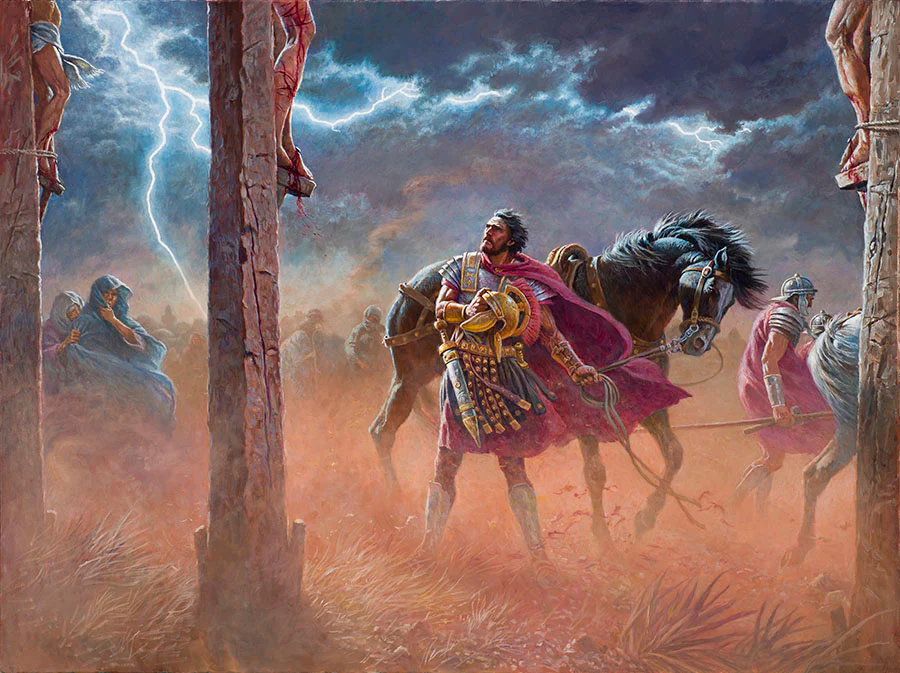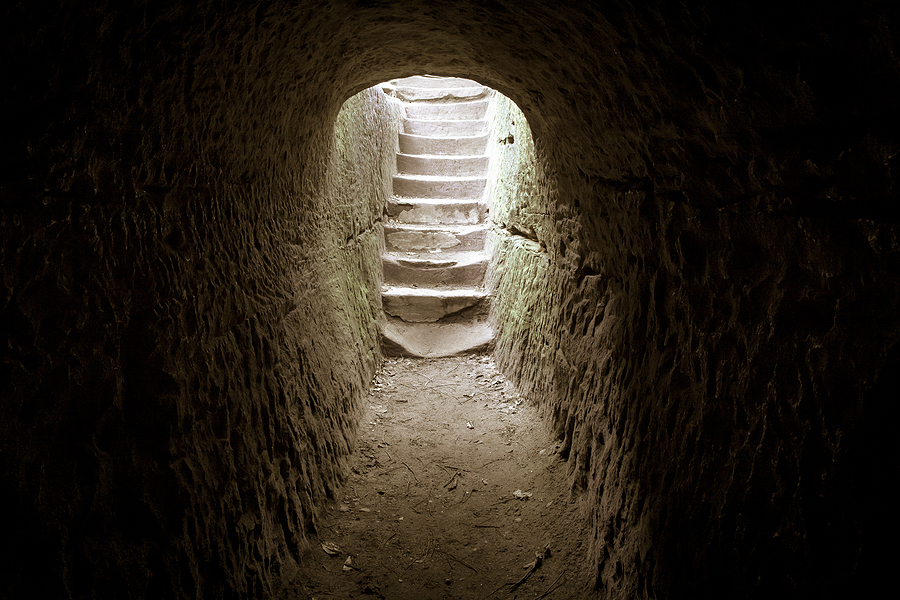
CS Lewis and Karl Rahner
Most likely they never met. But the atheist turned Anglican Christian CS Lewis and the Roman Catholic Jesuit theologian Karl Rahner perceived their God in radically similar ways. Both men served as apologists for their faith causing more than a little consternation in the minds of more rule bound colleagues.
“I think all Christians would agree with me if I said that though Christianity seems at the first to be all about morality, all about duties and rules and guilt and virtue, yet it leads you on, out of all that, into something beyond. One has a glimpse of a country where they do not talk of those things, except perhaps as a joke. Every one there is filled full with what we should call goodness as a mirror is filled with light. But they do not call it goodness. They do not call it anything. They are not thinking of it. They are too busy looking at the source from which it comes. But this is near the stage where the road passes over the rim of our world. No one’s eyes can see very far beyond that: lots of people’s eyes can see further than mine.”
He is one of the people who graced this planet with his life: CS Lewis. This quote from Mere Christianity is one of my very favorites. And I write them because the feel and sound of them is like gentle rain. Soothing, delicious and ever so consoling. Worth spending time and energy pondering what this one-time atheist, writer of such a vast array of fiction and non-fiction books actually meant.
A number of years ago, I was introduced to Karl Rahner.
Far less well-known than Lewis, at least in the secular world, Rahner was a theologian, a Jesuit and controversial. His concept of the anonymous Christian was foundational to Vatican ll, I learned from my then spiritual director, Fr. Paul McCollum, who recommended that I read Rahner’s Foundations of the Christian Faith.
It’s in this book that Rahner discusses his idea of the anonymous Christian. And also where he expresses his belief that Martin Luther and the rise of Protestantism were necessary, even essential; the Catholic Church had strayed too far from Jesus. The Protestants brought the Catholics back to Christ. Radical, provocative material: the kind that reaps many enemies.
Rahner’s were some of the most exciting ideas I had ever encountered.
And despite the Anglicanism of Lewis and the Catholicism of Rahner, it seems to me that these two men are writing of the same God. The one who never gets stuck. Boxed in by the law, doctrine and therefore succumbing to man’s cloudy vision.
Rahner wrote this about his view of the anonymous Christian:
Anonymous Christianity means that a person lives in the grace of God and attains salvation outside of explicitly constituted Christianity — Let us say, a Buddhist monk —who, because he follows his conscience, attains salvation and lives in the grace of God; of him I must say that he is an anonymous Christian; if not, I would have to presuppose that there is a genuine path to salvation that really attains that goal, but that simply has nothing to do with Jesus Christ. But I cannot do that.
And so, if I hold if everyone depends upon Jesus Christ for salvation, and if at the same time I hold that many live in the world who have not expressly recognized Jesus Christ, then there remains in my opinion nothing else but to take up this postulate of an anonymous Christianity.
In the afterword to my last book, I Claudia,
I wrote:
“It is Karl Rahner who coined the phrase “anonymous Christian” to describe men and women of “good will” who have not been catechized. Rahner’s categorization provided the solution to a problem that had plagued me for much of my life. Whether because of culture or ethnicity, these are people who have never encountered the Gospel, but who, through some mysterious and unknown power known only to Christ, merit salvation.
A middle way, if you will. Plodding through the dense writing of the theologian, I found a new “friend”—just as the priest had predicted. One who lives outside of the absolutism of damnation and salvation.
The phrase anonymous Christian describes men and women like Lucius, Claudia, and Quintillus: people who follow their conscience and live lives of redemptive faith, not mere belief.
Rahner’s own words express it best: ”In every human person…there is something like an anonymous, unthematic, perhaps repressed, basic experience of being oriented to God…which can be repressed but not destroyed, which is ‘mystical’ or (if you prefer a more cautious terminology) has its climax in what the classical masters called infused contemplation.’ ”
Christ is clear in the Gospels: I am the Way, the Truth and the Life.
If that is not clear enough, many times he states that he is the only path to God. But what of those who have never heard of Jesus Christ or who were taught by ignorant and or hypocritical leaders without real knowledge of God?
Rahner uses a phrase that Pope Francis uses; ‘men of good will’ while writing of the anonymous Christian, those outside of church. He saw something different, it is clear. Something bigger.
The writings of these two men stretches our intellect and heart, a process so vital when looking to our neighbor on our left, right, and over there… insisting that we leave all judgement to Him. Even when the stretching tears and bleeds, perhaps especially then.
https://www.linwilder.com/people-youd-like-to-meet-in-heaven/
Second -Guessing God’s Wisdom
Of course God knew what would happen if they [creatures with free will] used their freedom the wrong way; apparently, He thought it worth the risk. Perhaps we feel inclined to disagree with Him. But there is a difficulty about disagreeing with God. He is the source from which all your reasoning power comes: you could not be right and He wrong any more than a stream can rise higher than its own source. When you are arguing with Him, you are arguing against the very power that makes you able to argue at all: it is like cutting off the very branch you are sitting on. If God thinks this state of war in the universe a price worth paying for free will–that is for making a live world in which creatures can do real good or real harm and something of real importance can happen, instead of a toy world which only moves when He pulls the strings–then we may take it it is worth paying.
–From Mere Christianity




Pingback: How Many Will Be Saved? We May Hope Everyone – Lin Wilder by Lin Wilder | Crossmap Blogs
Pingback: Reflections on George Bailey and It’s A Wonderful Life – Lin Wilder by Lin Wilder | Crossmap Blogs